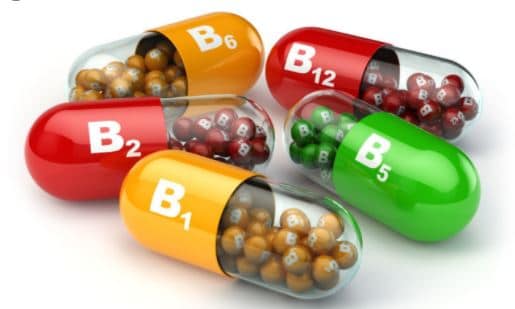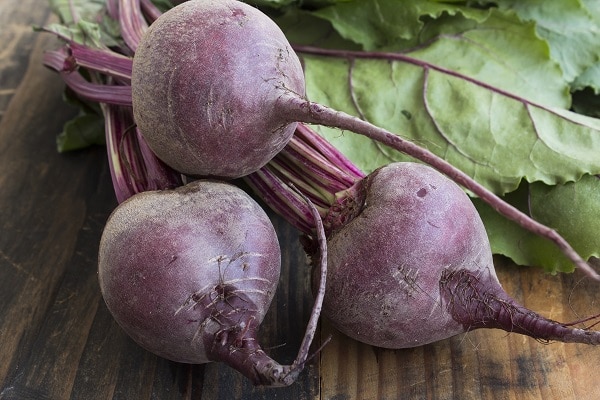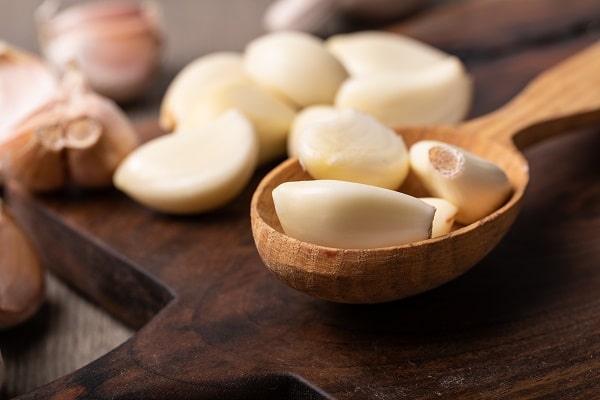Medical professionals also refer to high blood pressure as hypertension. Hypertension affects over 30% of the world population and about 1 in 3 adults in the U.S. It can cause damage to your blood vessels, kidneys, and heart, which can lead to diseases such as chronic kidney disease, heart attack, stroke, and heart failure.
As stated by the National Center for Complementary and Integrative Health (NCCIH), making changes to your lifestyle is the best way to control hypertension. They recommend exercising regularly, eating a healthy and balanced diet, limiting alcohol consumption, managing stress levels, maintaining a moderate weight, and reducing salt consumption.
Research has also found that some dietary supplements and foods can play a role in lowering your blood pressure. However, the evidence base is not strong as of now.
Some need to take medicine to treat hypertension, but there is no conclusive evidence that suggests dietary supplements are as effective as hypertension medicines.
The following mentioned supplements could help reduce blood pressure.
Contents
Omega-3

Omega-3 fatty acids play numerous roles within our body, such as keeping the blood vessels healthy. According to research, they are also helpful in lowering blood pressure.
Oily fishes like mackerel, salmon, sardines, and herring offer a great deal of omega-3. Other significant sources of omega-3 include seeds and nuts such as walnuts and chia seeds.
Those individuals who are not getting enough Omega-3 through diet can take supplements. You can purchase cod liver oil, fish oil, and krill oil from grocery stores and drug stores. Algae oil is an excellent alternative for vegans and vegetarians.
Potassium

Potassium is one of the essential minerals that our body utilizes to keep the kidneys, heart, and other organs working properly. It counteracts the effects of salt present in the blood and eases the tension inside the blood vessel walls, both of which help lower your blood pressure.
Generally, people can raise their potassium intake by consuming more items that are rich in this mineral, such as bananas, avocados, yogurt, milk, orange juice, mushrooms, tomatoes, tuna, and potatoes.
For some individuals suffering from a disease such as a kidney disorder, too much potassium can be harmful instead. Hence, before making changes in your diet or taking supplements, it would be better to consult with your doctor.
Probiotics

They are live microorganisms, like yeast and bacteria. They help maintain a healthy balance of bacteria in your gut. According to some studies, they are useful in lowering your blood pressure.
Probiotics are usually in the form of yogurt or fermented foods, as well as dietary supplements. Such products can contain a diversity of microorganisms; each such microorganism has different effects on our bodies. Some of the common organisms are Bifidobacterium and Lactobacillus, and the yeast Saccharomyces boulardii.
The study of gut bacteria is an emerging science domain, so researchers are unsure which microorganisms are most effective at lowering blood pressure or which dosage people should take.
Calcium

Calcium is necessary for the human body to strengthen and build bones, create muscle contraction, and form blood clots, making it an essential mineral.
A review in 2015 found an increase in calcium intake can help lower blood pressure, but the effect is somewhat moderate. The authors also noted that more studies are required before medical professionals can be sure of how it works and in what amount people should take it.
Most people can get the calcium they need through their diet. Foods rich in calcium include yogurt, milk, leafy green vegetables, and cheese.
There are also calcium supplements available from grocery stores or online for those who cannot get enough calcium from their diets.
Hibiscus Sabdariffa

This is a form of hibiscus, and it is also known as Florida cranberry, roselle, Jamaican sorrel, or red sorrel. It comes in a tea or supplement form.
The authors of a 2015 review concluded from all the available evidence that consuming this plant with tea helps lower your blood pressure. Although more research is still necessary to determine how much you should take or how it works.
B Vitamins

Several B vitamins can help lower blood pressure, such as vitamin B2 (riboflavin). It helps lower blood pressure in adults with methylenetetrahydrofolate reductase (MTHFR) gene mutation, which increases the chances of blood pressure.
Vitamin B9 supplements of folate and folic acid may also reduce blood pressure in individuals with heart disease. Besides, high folate intake in young adulthood may also protect against this condition later in life.
Studies with animals suggest that vitamin B6 supplements are similarly valuable for reducing high blood pressure, but there is a lack of human studies.
Vitamin C

It is a nutrient that is soluble in water and is essential for various processes in our body. Although the result in multiple studies is mixed, recent research suggests that vitamin C supplements may lower blood pressure.
A review of 8 studies in individuals with high blood pressure and 300-1000 mg of Vitamin C each day significantly reduced their levels.
Research also found that individuals with low levels of the vitamin are at a higher risk of blood pressure than those with adequate vitamin C levels.
Melatonin

It is a hormone made in our body but is also a supplement. While this supplement promotes sleep, it is also associated with other health benefits.
For instance, studies have found that melatonin supplements may lower blood pressure in individuals with high levels.
A review of 5 studies found that melatonin supplements helped significantly reduce blood pressure levels compared to control groups.
One other study suggested that low levels of melatonin production in your body can be a risk factor for high blood pressure in women.
Beetroot

Often athletes take beetroot supplements to improve oxygen delivery to their lungs and blood flow, which helps boost their performance. Besides, beetroot supplements help reduce blood pressure in individuals with and without high blood pressure.
Garlic

Garlic is associated with various health benefits, such as reducing heart disease and blood pressure. Including garlic in your daily diet can help lower your blood pressure.
A review of 12 studies found that garlic supplements reduced diastolic blood pressure and systolic by an average of 5.5 mmHg and 8.3 mmHg, respectively.
The researchers also estimated that this reduction could reduce the risk of heart attack, stroke, and coronary artery disease by up to 40%.
Conclusion
High blood pressure is common in adults, but if left unchecked, it can cause damage to blood vessels, kidneys, and the heart. The best method for people to lower their blood pressure is following a healthy lifestyle. This involves following a diet that is rich in all the necessary nutrients.
Dietary supplements can help those who cannot get all the necessary minerals and nutrients from their diet. Consult your healthcare provider before including any supplement in your routine.


